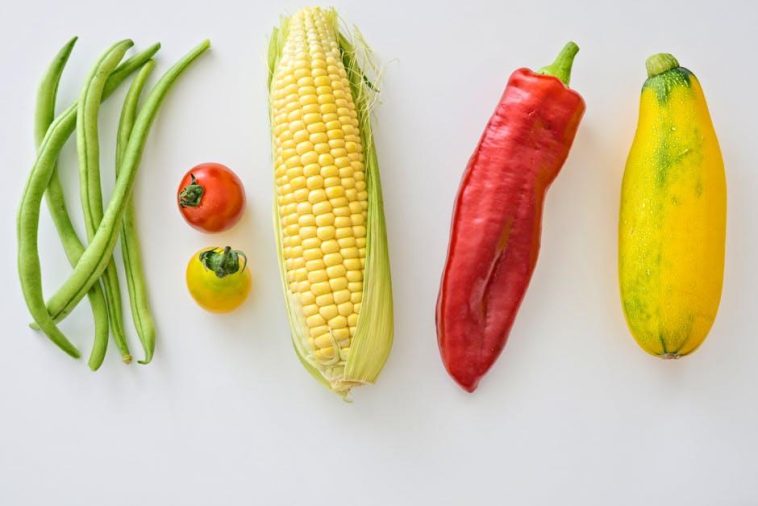
The Impact of Organic Foods on the Environment and Economy
Are you considering transitioning to organic foods? If so, you’re likely seeking more information about the benefits that come with this lifestyle change. While it’s well-known that consuming organic foods offers numerous health advantages, did you know that it also positively impacts the economy and environment? Let’s delve into how this is possible.
Environmental Concerns: Chemicals in Agriculture
Many conventional farmers rely on pesticides and other chemicals to grow fruits and vegetables. Although these substances are often deemed ’safe,’ there are lingering concerns about their long-term effects on human health. If these chemicals can eliminate pests and bacteria, what might they do to our bodies? This concern resonates with many individuals mindful of their health and conscious of what they consume. Moreover, washing produce doesn’t necessarily remove all harmful residues.
The Environmental Footprint
A significant issue is soil contamination caused by chemical use in agriculture. Many soils become polluted due to prolonged exposure to such substances. Farmers who wish to transition to organic farming often have to rehabilitate their lands or wait for a certain period until their soils are free from contaminants again. This process underscores the environmental impact of conventional farming practices.
Supporting Quality Food Producers
Another way organic foods benefit both the economy and environment is by promoting high-quality food producers’ survival. All organic products must be certified by organizations like Quality Assurance International (QAI). This certification involves stringent guidelines, ensuring only reputable producers can meet these standards. While not everyone views it from this perspective, supporting top-notch food manufacturers ultimately strengthens the economy.
A Second Chance for Farmers
For many farmers facing financial challenges due to high operational costs, switching to organic farming provides a lifeline. Running a farm is expensive; hence numerous farms have shut down over time. However, some farmers see opportunity in adopting organic practices despite requiring significant investment and hard work upfront—they’re discovering substantial rewards over time.
This shift isn’t just beneficial for large-scale operations; economic experts believe transitioning towards organics might be crucial for small farms’ survival too—ensuring they remain viable amidst industry changes.
The Broader Benefits of Organic Consumption
As demonstrated above through various examples across environmental sustainability efforts alongside economic revitalization opportunities presented via organics—it becomes clear why making such choices matters significantly beyond personal wellbeing alone! When opting toward an organically centered diet—you gain access not merely healthier options but contribute positively towards broader societal goals simultaneously!




